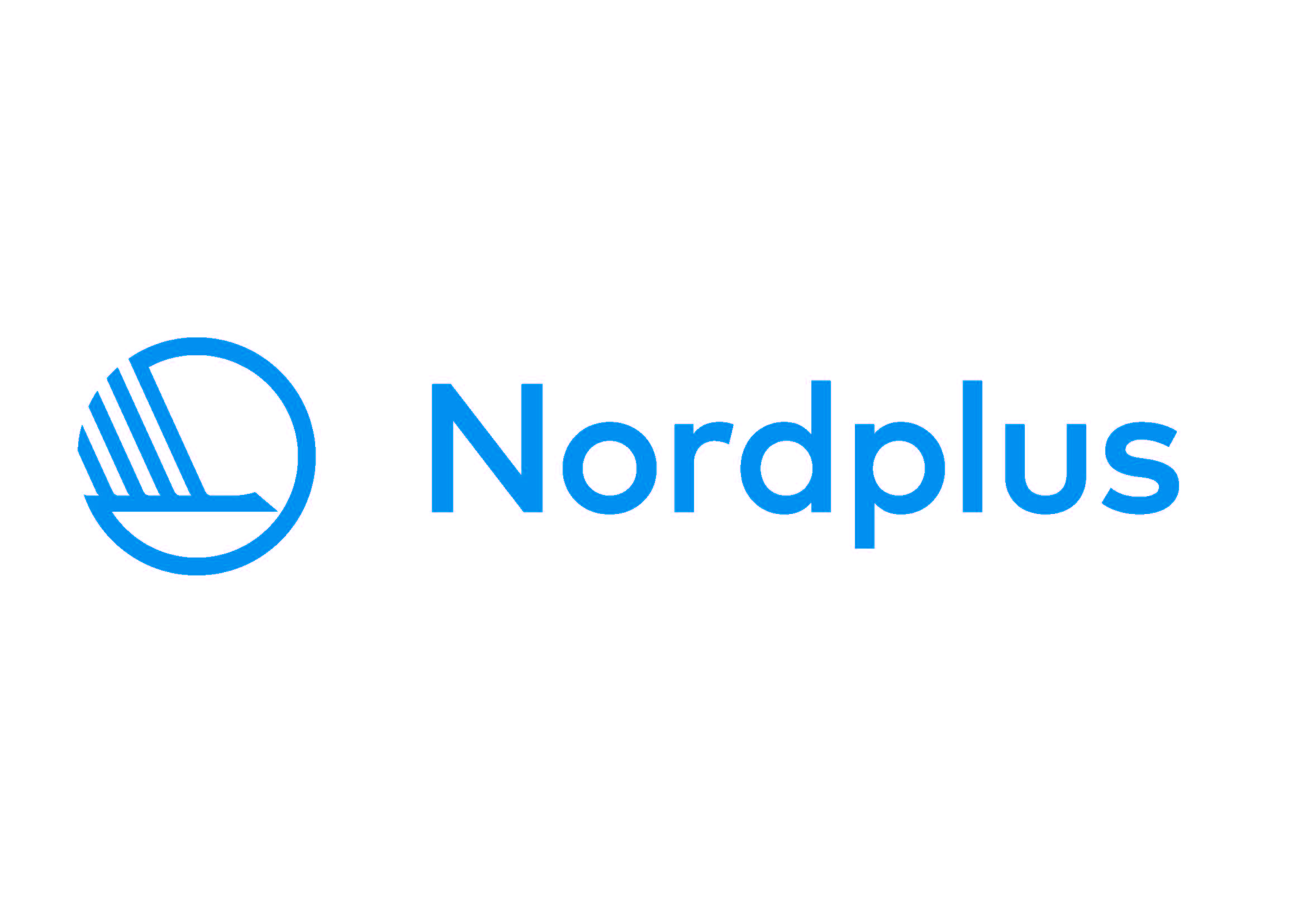Teaching period: November 3-7, 2025
Location: Vilnius Academy of Arts, Panemunė Castle, Lithuania
Teacher(s): assoc. prof. dr. Marius Daraškevičius, architect (Vilnius Academy of Arts), honorary prof. dr. Fritz Barth, architect BDA (Bauhaus-Universität Weimar), Friedrich Barth, M.Sc. Architect (Barth & Barth).
ECTS: 3
Number of available places for KUNO students: 10
Level: BA /MA
Requirements: students from Sculpture, Scenography, Sight-specific Art/Monumental Art, and Painting study programmes are invited to join.
Application deadline: 8th of October, 2025, 12th of October, 2025 – confirmation for selected participants.
How to apply: Please send your motivation letter and portfolio (the main artistic field / artistic research, maximum 12 slides, *pdf) to aida.kirkickiene@vda.lt
Course description
It is a multidisciplinary express course for the KUNO, CIRRUS and NBAA network students.
We invite applications for the KUNO Network (KUNO), CIRRUS and Nordic Baltic Academy of Architecture (NBAA) Express Course dedicated to the art and pedagogy of fireworks architecture, an extraordinary and nearly forgotten art form at the intersection of architecture, sculpture, and pyrotechnics. This program offers students in Architecture, Sculpture, Scenography, Sight-specific Art/Monumental Art, Painting and Product Design the rare opportunity to explore the design, construction, and performance of festive, ephemeral structures that come alive through fireworks.
Background. Once celebrated as a highly sophisticated art of the Baroque era, fireworks architecture combined architectural imagination with pyrotechnic spectacle to create unforgettable festive landscapes. From triumphal arches to sculptural stage sets, these works turned gardens, castles, and city squares into temporary theaters of light and fire. Today, as the cultural value of fireworks is questioned and their future uncertain, we see an urgent chance to revisit and reinterpret this unique form. The Baltic Manor Festival 2026, hosted at Panemunė Castle in Lithuania, provides a perfect setting. Its historic landscape garden will become the stage for an architectural fireworks display in the spirit of early modern station theater, where audiences move through a pyrotechnically transformed enchanted garden. The project draws inspiration from the past but is firmly anchored in the present: an exploration of fireworks as a contemporary art form capable of addressing complexity, temporality, and transformation.
Pedagogics. (Pedagogy) Ephemeral architecture offers students something rarely possible in their studies: the realization of ideas on a one-to-one scale. Unlike permanent buildings, festive structures are playful, time-bound, and experimental, yet demand rigorous thinking about context, purpose, feasibility, and teamwork. In fireworks architecture, time itself becomes central. Objects must stand as enigmatic works on their own, then transform during the pyrotechnic performance into radiant spectacles, before settling back into altered, memory-laden remains. This sequence of states—before, during, after—invites design approaches closer to music or film than conventional architecture. Participants will be challenged to design for change, rhythm, and transformation, developing strategies that transcend traditional methods.
The Task. Participants will collaboratively design and construct three architectural structures, as well as smaller scattered objects, to serve as platforms for the fireworks display concluding the Baltic Manor Festival on June 27, 2026. Designs must balance aesthetic ambition with technical, financial, legal, and safety considerations. Each structure must function both as a silent, sculptural presence by day and as an integral element of the fireworks choreography by night.
Schedule. The program unfolds in two phases:
Phase 1 (Nov 2–8, 2025, Panemunė Castle, Lithuania): Introduction to fireworks, safety, and design principles. Lectures, workshops, and simulation exercises (Finale 3D) lead to the development of architectural-firework concepts. This call is valid for this phase.
Phase 2 (June 20–27, 2026, Panemunė Castle, Lithuania): Construction and assembly of the designs, culminating in the public fireworks performance on June 27.
Full commitment to both phases is required.
Financial support by KUNO:
Travel support between countries: 330 € (except 660 € to/from Iceland)
Subsistence: 250 € per week (5-7 days)
General KUNO Eligibility Rules:
- only BA and MA full-degree students from the KUNO network schools can participate;
-exchange students from other institutions, which do not belong to the KUNO network, studying at one of the KUNO network schools, CANNOT participate;
- full-degree students from the KUNO network schools, currently on exchange at another institution, CANNOT participate (neither with nor without the KUNO grant).
In case of any questions please do not hesitate to contact marius.daraskevicius@vda.lt or aida.kirkickiene@vda.lt


